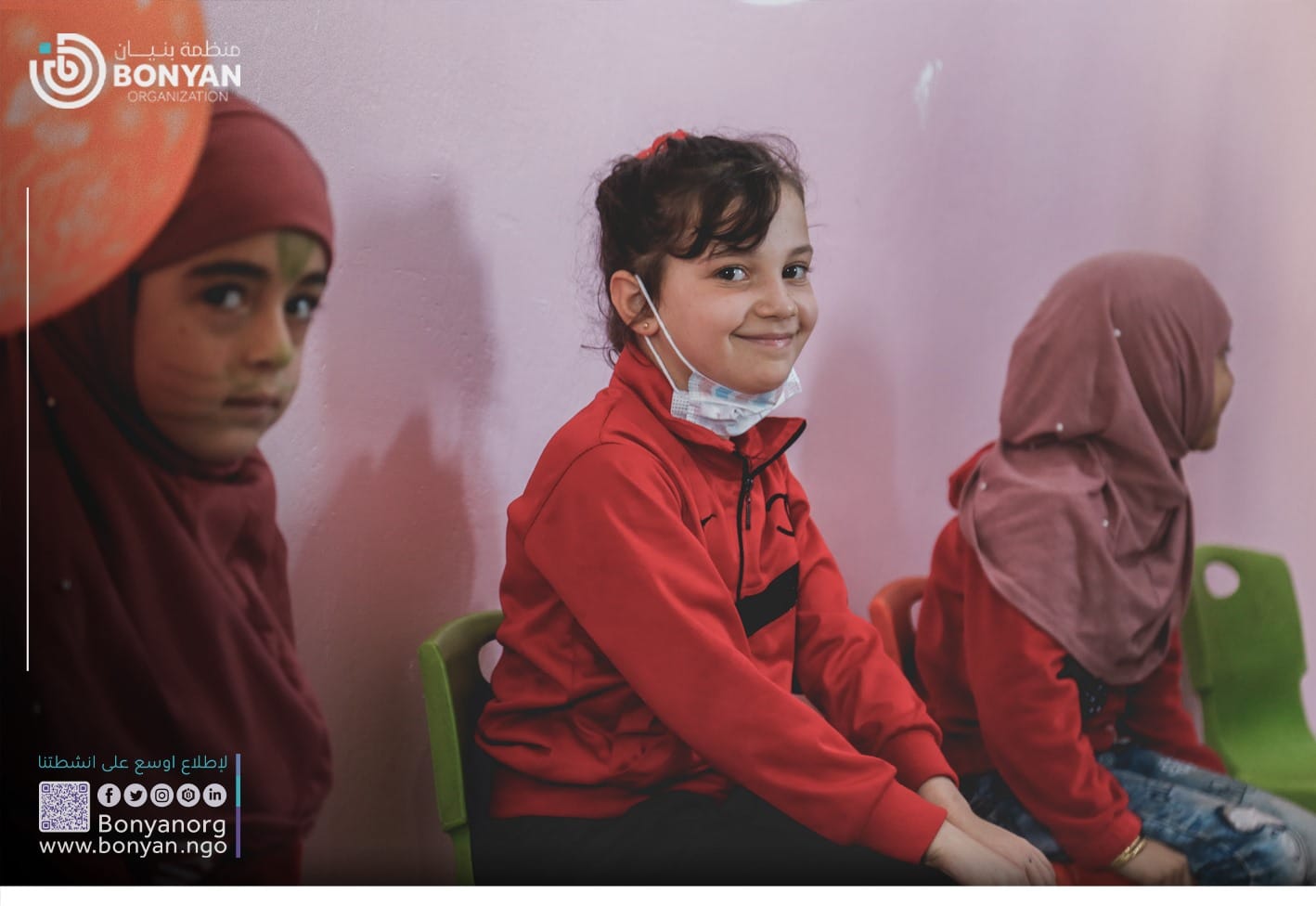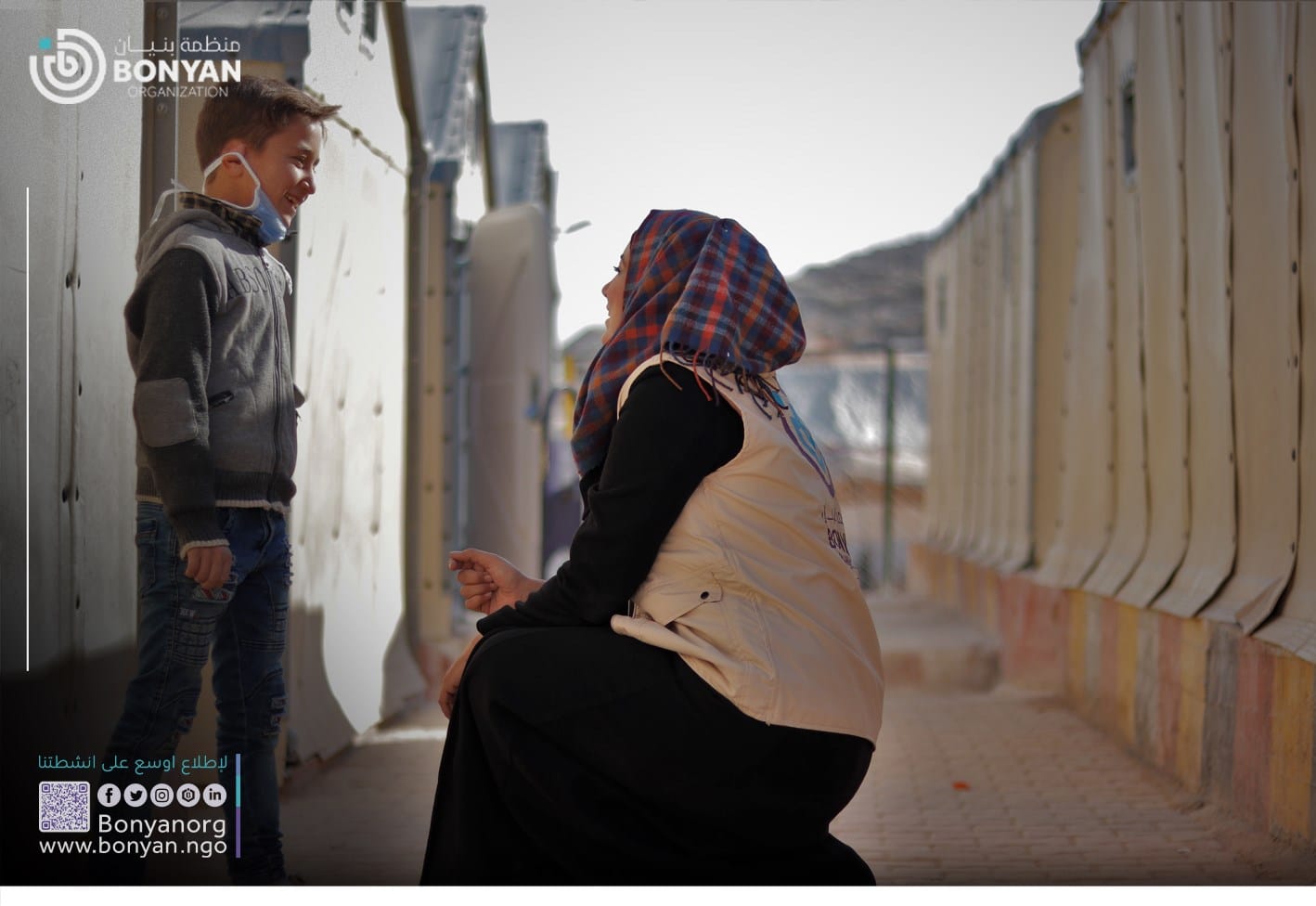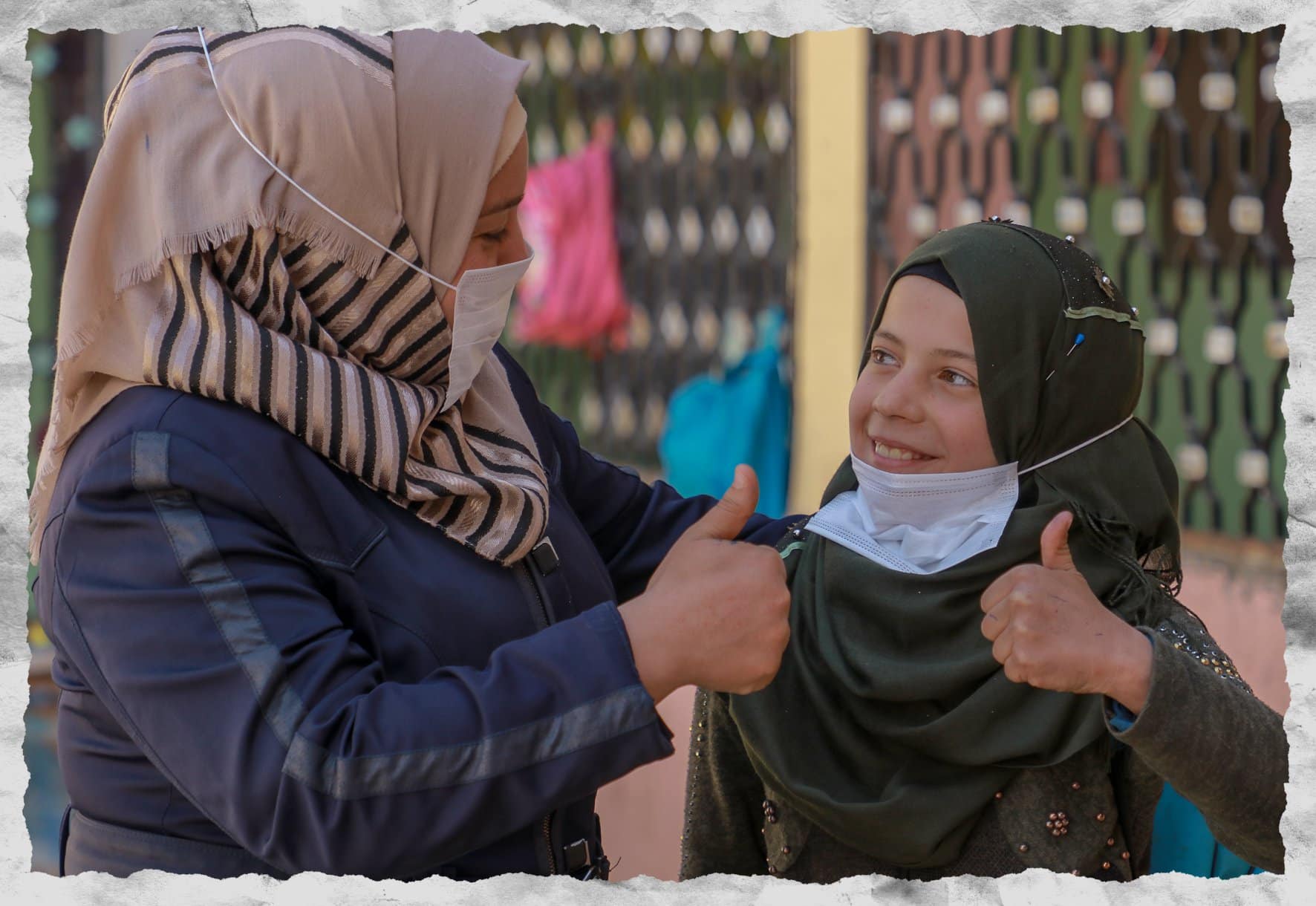Children’s mental health refers to the psychological well-being of children, encompassing their emotional, social, and behavioral aspects. It is an integral part of overall health, influencing a child’s ability to cope with stress, succeed in school, and engage positively in their communities.
What does Children’s Mental Health involve?
Children’s Mental Health involves the psychological well-being of children, encompassing their emotional, social, and behavioral aspects. It includes achieving developmental and emotional milestones, learning healthy social skills, and developing coping mechanisms for challenges.
Stable mental health allows children to develop emotionally and cognitively, form effective social relationships, and cope with problems. Positive mental health for children emphasizes creating an environment that fosters well-being, contributing to healthy child development.

What are common childhood mental disorders?
Common childhood mental disorders include:
- Anxiety Disorders: Characterized by excessive worry, fear, or nervousness.
- Attention-Deficit/Hyperactivity Disorder (ADHD): A condition marked by hyperactivity, impulsivity, and difficulty sustaining attention.
- Autism Spectrum Disorder (ASD): A developmental disorder affecting communication and behavior.
- Mood Disorders: Conditions like depression and bipolar disorder that affect a child’s emotional state.
- Eating Disorders: Disturbed eating habits leading to unhealthy weight and mental well-being.

Factors affecting children’s mental health
Several factors can influence children’s mental health, including:
- Genetic Factors: Family history of mental illness can contribute to a child’s mental health.
- Environmental Factors: Exposure to trauma, abuse, or other adverse childhood experiences can impact mental well-being.
- Stress: Academic pressure, family issues, or other stressors from schools or family environments can affect mental health.
- Hereditary and Lifestyle Factors: Mental health status may be related to sex, stress, life satisfaction, and self-esteem.
- Physical Complications and Challenges: Health issues can impact a child’s mental health.
- Parental Factors: Parental depression, conflict, and poor parenting can be risk factors for children’s mental health issues.
Effects of War on Children’s Mental Health
War has profound and lasting impacts on children’s mental health, manifesting in various ways:
- Anxiety and Insecurity: Children exposed to conflict often experience heightened anxiety, fear, and insecurity, impacting their overall well-being.
- Long-Term Trauma: Prolonged exposure to war trauma can lead to long-term consequences on children’s mental health, with the severity of symptoms increasing with the duration of conflict.
- Immediate Stress Responses: War induces immediate stress responses in children, contributing to increased mental health risks.
- Depression and Anxiety: Loss, disruption, and witnessing violence can lead to high rates of depression and anxiety among war-affected children.
- Psychosocial Impacts: The psychosocial impacts of war create a dysfunctional cycle, affecting children’s mental health and well-being.
- Long-Term Consequences into Adulthood: Children who witness war and conflict may experience higher rates of depression and anxiety that persist into adulthood.
The Impact of Immigration on Children’s Mental Health
Immigration can have profound effects on the mental health of children, with various factors contributing to their emotional and behavioral well-being. Children involved in the immigration process are particularly vulnerable to negative mental health implications.
Some of the effecting factors are socio-economic adversity, neighborhood conditions, and family dynamics. Additionally, the challenges associated with the immigration journey itself can contribute to emotional and behavioral responses in children.
Children’s Mental Health in the Refugee Camps or Displacement Areas
Children in refugee camps or displacement areas face significant mental health challenges, largely due to their exposure to traumatic events and ongoing stressors in these environments. The prevalence of mental health issues among these children is markedly higher than in the general population.
In Europe, self-reported data indicates that 19% to 53% of refugee children suffer from Post-Traumatic Stress Disorder (PTSD), 10% to 33% experience depression, and 9% to 32% deal with anxiety.
Worldwide, clinical assessments reveal that 23% of refugee children have PTSD, 14% suffer from depression, and 16% experience anxiety. These figures are substantially higher than the worldwide prevalence of mental health issues in all children, which stands at about 3%, and even higher than the 16% prevalence of PTSD in children exposed to trauma.
This highlights the critical need for targeted and comprehensive mental health interventions in these vulnerable populations, considering the complex interplay of past traumas, current living conditions, and the broader social and cultural context of displacement.

How to Improve the Mental Health of Refugee Children
Key Approaches Include:
1. Community-Based Interventions: Implementing programs within the community to promote mental health and provide support for prevention and treatment.
2. Trauma-Informed Care: Recognizing and addressing the impact of trauma on mental health, providing care that is sensitive to the unique needs of refugee children.
3. Family and Parenting Interventions: Offering support and interventions at the family and parenting levels to create a supportive environment for mental well-being.
4. School and Peer Interventions: Implementing programs within educational settings to address mental health challenges and promote a positive school environment.
5. Cultural Sensitivity: Tailoring interventions to be culturally sensitive, considering the unique backgrounds and experiences of refugee children.
6. Access to Healthcare Systems: Improving access to healthcare systems to accommodate the specific mental health needs of refugee children and their families.
These holistic approaches, when implemented collaboratively, aim to create a supportive environment for the mental well-being of refugee children.
Bonyan’s effort in improving the mental health of refugee children
Your impactful donation to Bonyan Organization significantly contributes to the enhancement of mental health for refugee children, particularly those affected by conflict and displacement.
Through your support, Bonyan is able to implement structured psychosocial support and mental health services, providing crucial assistance to over 800 children. These initiatives create safe spaces and support systems, fostering emotional well-being and resilience among young refugees.
By funding counseling sessions, trauma-informed care, and other mental health programs, your contribution directly addresses the psychological challenges faced by refugee children.
Join Bonyan in their mission to improve mental health, offering these young lives a chance for healing and a brighter future. Your donation, supporting tangible and targeted efforts, makes a lasting difference in the lives of refugee children grappling with the impact of displacement and conflict.
Read More
FAQ
What is the importance of mental health among youth?
Mental health is an important issue among youth for a variety of reasons. For example, mental health problems can lead to a variety of other issues, such as substance abuse, poor academic performance, and social isolation.
Early intervention is important in order to prevent more serious problems from developing.
What is the definition of mental health in children?
Mental health in children is defined as a child’s ability to cope with their emotions and stressors, think clearly, manage their behavior, make friends, and succeed in school. A mental health disorder is diagnosed when a child’s symptoms interfere with their daily life.
How can we help youth mental health?
There are several ways to help youth mental health, but it really depends on the individual situation. For some, therapy or medication may be necessary; however, others may just need some support and understanding from family and friends.
Here are a few ideas:
-Encourage them to talk about their feelings.
-Help them find healthy emotional outlets, such as journaling, art, or exercise.
-Ensure they get enough sleep, eat healthy foods, and stay hydrated.
-Be there for them when they need to talk.
-Avoid putting pressure on them or comparing them to others.
-Teach them relaxation techniques or meditation.
Content
- What does Children’s Mental Health involve?
- What are common childhood mental disorders?
- Factors affecting children’s mental health
- Children’s Mental Health in the Refugee Camps or Displacement Areas
- How to Improve the Mental Health of Refugee Children
- Bonyan’s effort in improving the mental health of refugee children
- FAQ



